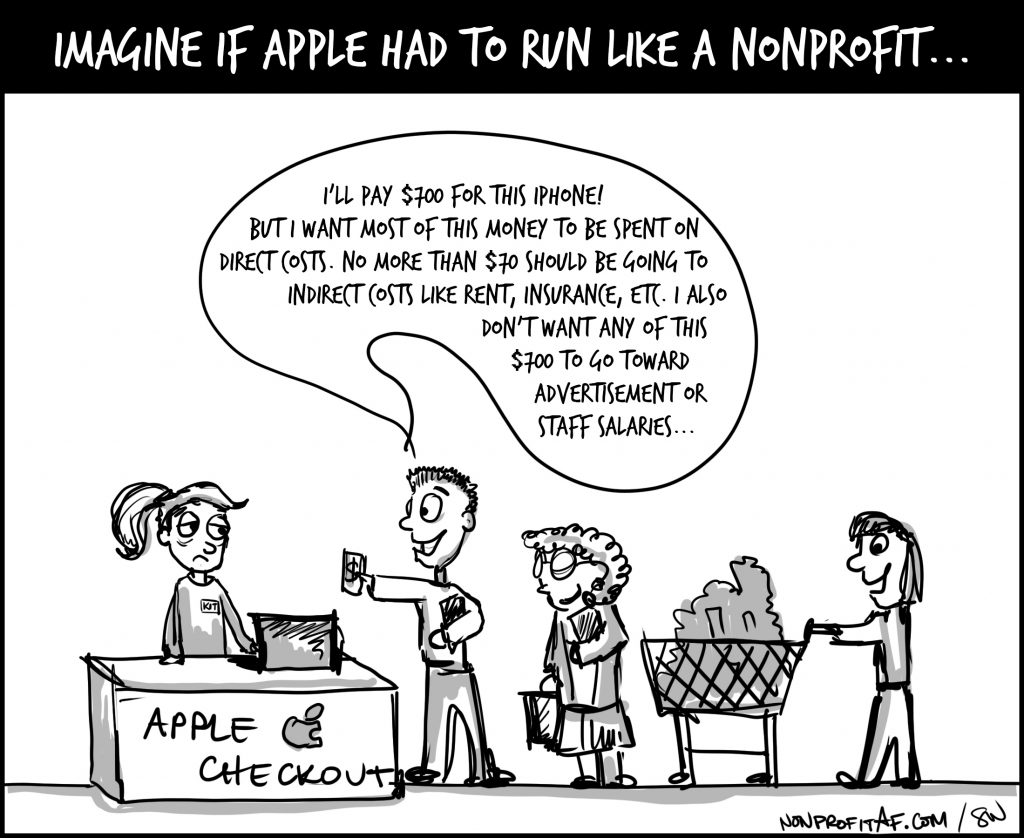
Why we need to end the culture of “Cultural Fit”



I can’t blame you. Kimmy’s hilarious, and it’s been exhausting trying to keep up with everything in the news. But, as boring as the Johnson Amendment is, it has served our community well for over 60 years, and now it is being threatened. Our sector and the people we serve could be seriously screwed if we don’t do something now. So I am asking you to learn about this issue and to sign this letter if you haven’t. Actually, these adorable puppies are asking you to learn about this issue and to sign the letter. Do you want to let these puppies down? I didn’t think so. Continue reading “These adorable puppies need your help to keep 501c3s nonpartisan”


In the nonprofit sector, this linear sort of thinking is pervasive, seeping into every aspect of our work, manifesting in things such as: Continue reading “The downsides of linear thinking, and why we need to embrace failure”

We nonprofits deal with unique challenges that our for-profit colleagues never have to think about. If you ever sat in the dark for hours listening to REM and eating Otter Pops and wondering what it would like for a large for-profit like Apple to have to run like a nonprofit, wonder no more! I’ve done it for you this week! (What, like your vacation is so much more interesting). And I asked NAF’s web designer and artist, Stacy Nguyen, to draw up some comics.
At the retail store
Customer: Hi, I’d like to buy this latest iPhone. How much is it?
Apple employee: $700 dollars.
Customer: Here you go. But I want most of this money to be spent on direct costs. No more than $70 should be going to indirect costs like rent, insurance, etc. I also don’t want any of this $700 to go toward advertisement or staff salaries.
Apple employee: We’ll designate these restrictions in our systems.
Customer: At the end of the year, I’d like a report on what you spent this money on.
Apple employee: We provide quarterly financial reports, and would be glad—
Customer: No no no. I don’t want the financial reports on your entire company. I only want a report on what my $700 specifically was spent on. Only my $700.
Apple employee: OK…Would you like to be added to our e-newsletter list? Continue reading “Imagine if Apple had to run like a nonprofit”